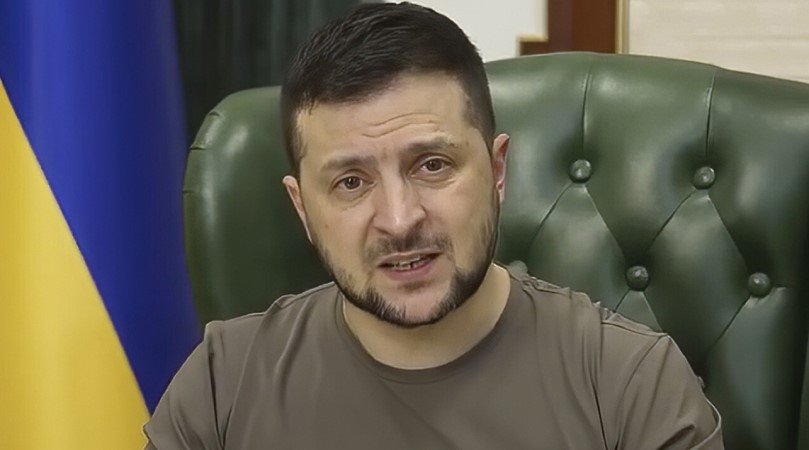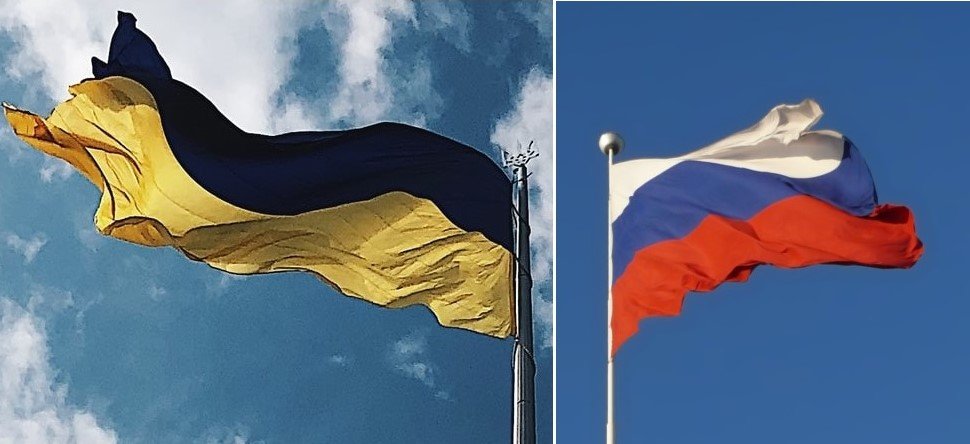NATO Targets New Enemies After Reaffirming Friendship

The leaders of the thirty NATO countries meet again after a year and a half and greet US President Joe Biden for the first time.
Now that they have canonized their solidarity after the shaky years under Pastor Donald Trump, they can again focus on the threats from outside. From Russia and, more and more, from China.
Biden has been pushing to regain the allies’ confidence since taking office. He is expected to repeat that healing work at the NATO summit at the headquarters in Brussels. Biden, therefore, wants something from the NATO countries: that they form a united front against emerging China.
Until now, NATO has mainly guarded against its primaeval enemy Russia. That threat still exists, and relations haven’t been this bad even since the 1990s, many NATO leaders say. But further east, a potentially more dangerous rival presents itself, with more to offer.
To withstand that, NATO will have to reinvent itself. China is located on the other side of the world and is, therefore, in principle still outside the scope of the alliance. But the danger today no longer lies only in troops at the border or nuclear missiles on high alert, the member states realize. Instead, they fear the disruptive actions of state-owned computer hackers, the silent fall of essential services into the hands of essential services and the mistrust and divisive fake news.
NATO leaders want to better arm themselves against these new forms of warfare. NATO must also be prepared for the impact of climate change on security. The alliance must also contribute to counteracting this.





